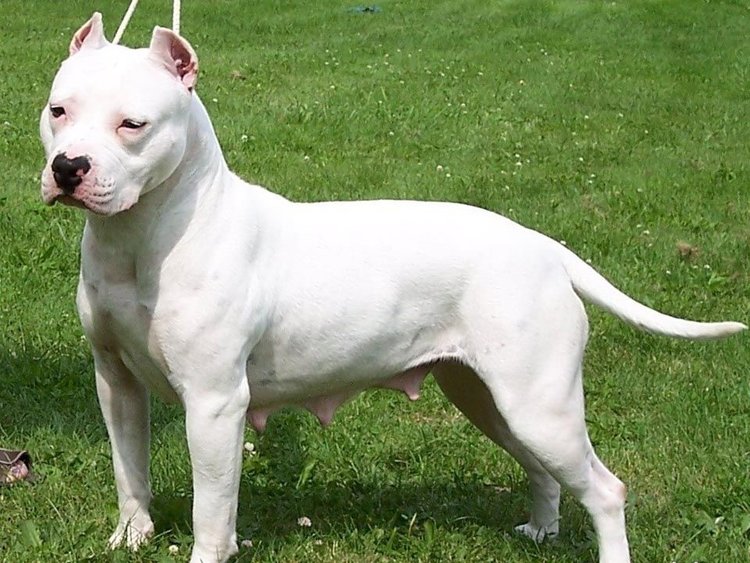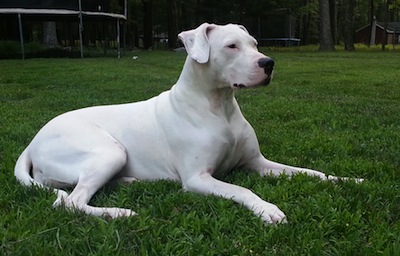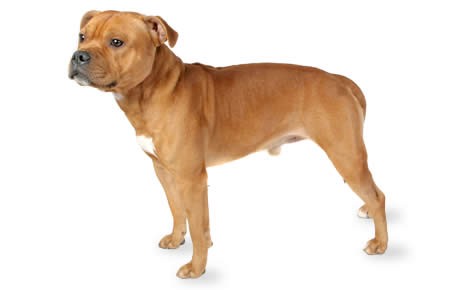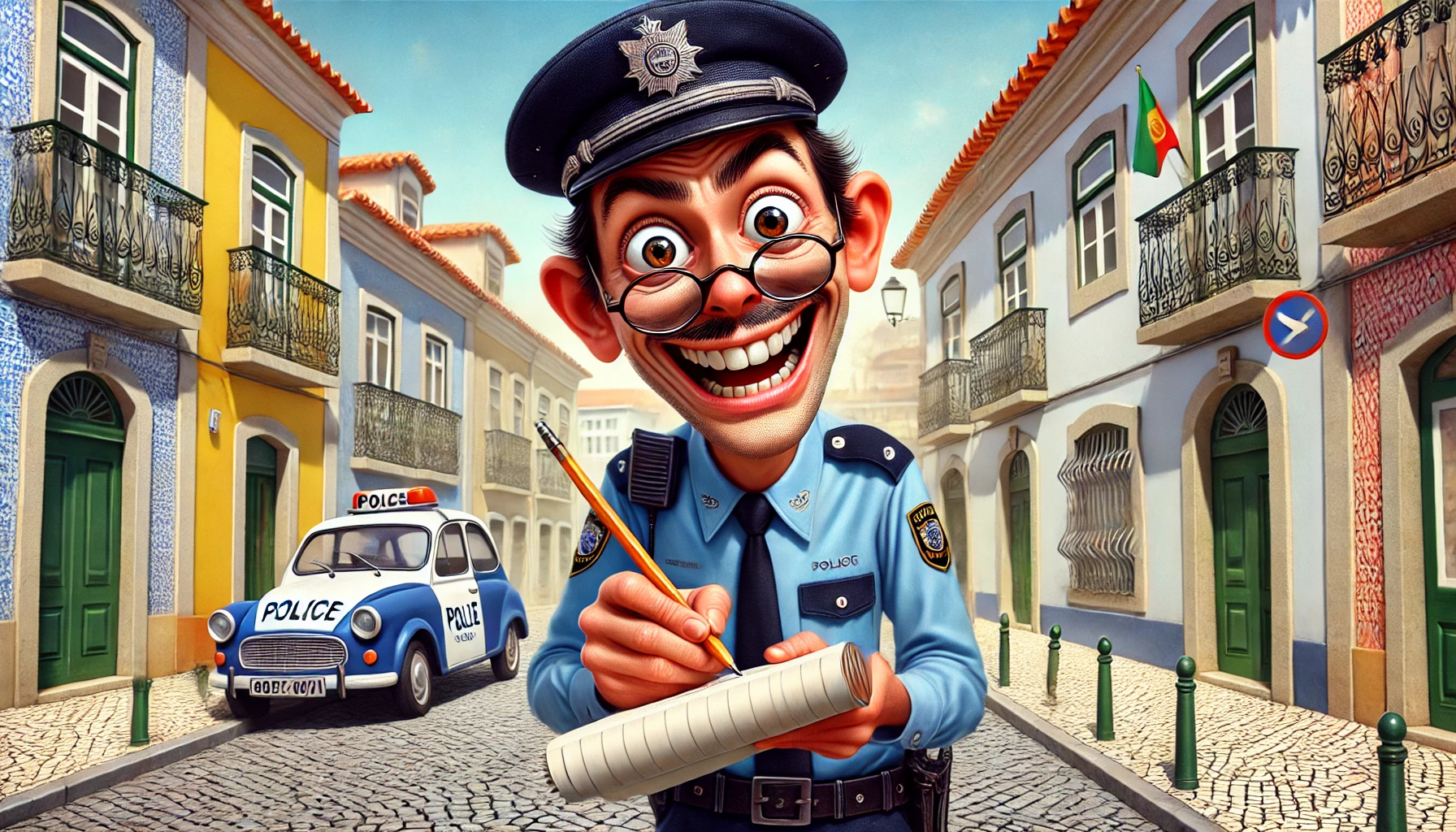Owners of pets in Portugal have certain duties that they must comply with. Basically, you have to register your pet, including a dog or cat. Whoever decide to come to live in Portugal with his pet will have to follow some steps and rules. Portugal imposes certain requirements on the owners of dogs and cats. These include registration and having a license, which you have to renew every year. Living in Portugal with animals require some mandatory processes and registration. How do you register your pet in Portugal ? How many dogs and cats can I own ? How can I get and renew the license for my dog or cat ? Lisbob, expats assistant in Portugal, will tell you everything you need to know about registering and licensing your pets.
Everything you need to know about domestic pets in Portugal
Registering your pet is something you must do in Portugal
In Portugal, registering your dog and getting a license for him/her is compulsory and you need to do this when your pet is between 3 and 6 months old. You need to registration your pet at the Junta da Freguesia (Town Hall) in the area where you, as the owner or keeper of the animal, are currently living.
All dogs born after 1 July 2008 must have an electronic identification chip and a vaccination against rabies. To register your pet and get a license for it in Portugal, you have to have or show:
- A health report for the animal (with an up-to-date rabies vaccination)
- An electronic identification chip
If your dog is for hunting, you need to show your hunting license.
For 'Potentially Dangerous' dogs in category G, you have to show:
- Your police record
- Proof of liability insurance
- A certificate to prove physical and mental fitness and health (for the owner)
- Evidence that the animal has been castrated or sterilised.
In Portugal, you need to renew your license for your pet every year for a fee (on average, €20). Once an animal has been micro-chipped, the owner has 30 days to register it at the Junta de Freguesia. The animal only needs to be registered once during its lifetime.
The different categories of pets
Dogs and cats are categorised as follows:
Category A - Pet dog
Category B - Dogs for your economic livelihood
Category C - Dogs for military purposes
Category D - Dogs for scientific research
Category E - Hunting dogs
Category F - Guide dogs
Category G - Potentially dangerous dogs
Category H - Dangerous dogs
Category I - Cats
Category G includes: Rottweilers, Brazilian Fila Dogs, Argentine Dogo, Pitt Bull Terriers, American Staffordshire Terriers, Staffordshire Bull Terriers, and Tosa Inu.
There is specific legislation in place that you need to be aware of for category H (dangerous dogs) and category G (potentially dangerous dogs). These are: Legal Decree No. 312/2003 of 17th December; Decree No. 315/2009 of 29th October, order No. 422/2004 of 24th April; Order Nº585/2004 of 29th May; Expedition No. 10819/2008 of 14th April.
Portugal recognises a “Dangerous Animal” as any kind of animal of any breed that is subject to the following conditions:
- Has bitten or attacked someone;
- A seriously injured or killed another animal outside of the owner’s property;
- Has been voluntarily declared by its owner as having aggressive behaviour;
- Has been considered a risk to the safety of people or other animals by the competent authorities.
Dogs used in the military, police or State security are exempt from needing a license, but the bodies that own them must have their own means of identification and registration.
A license to keep a pet in Portugal is valid for a year. Dog owners must renew their permit every year or it will expire.
Move to Portugal with his domestic animal or favorite pet is a fantastic adventure
The limit for the number of dogs and cats allowed in an apartment or house
If you live in an apartment in Portugal, you are only allowed to have three adult dogs. However, this can be increased to six adult dogs if you get approval from the local authority vet and public health officer. To do this, you must apply for authorisation from the town hall where you live. A limit on the number of animals you can keep can always be lower than stated above, depending on rules of common occupancy.
In rural buildings (land only) or mixed buildings (land with a house), you can keep up to six adult animals and possibly even more if the plot is large enough and standards of welfare for the animals are guaranteed.
As long as you observe rules for public health and keeping the peace in your neighbourhood, you can keep up to three adult dogs and four adult cats in an apartment, both in rural and urban areas. However, you may not exceed an overall total of four pets.
If you fail to observe these laws, the local authority will inspect your premises by sending out an environmental health officer or a local authority vet who will warn the owner that their animals will be taken away and placed in local authority kennels for a specific length of time. This gives the owner a period of time to comply with the standards.
Noise from your pets
Noise is one of the biggest problems with dogs and the people living around them. If your dog is left alone for long periods or if he/she doesn’t get taken out enough, they may develop certain behaviours like constantly barking. As an owner, you’re responsible for ensure the well-being of your pet and for making sure it doesn’t disturb your neighbours, whether in an apartment or even on a farm in the countryside.
Most owners won’t have this problem, but dogs that constantly bark are unsettled and can drive your neighbours to the point of a nervous breakdown.
You need to know that any neighbour experiencing problems can contact the police (GNR or PSP). They can request that you stop the source of the noise or they will alert the council, who can issue you with a minimum fine of 500 euros.




















